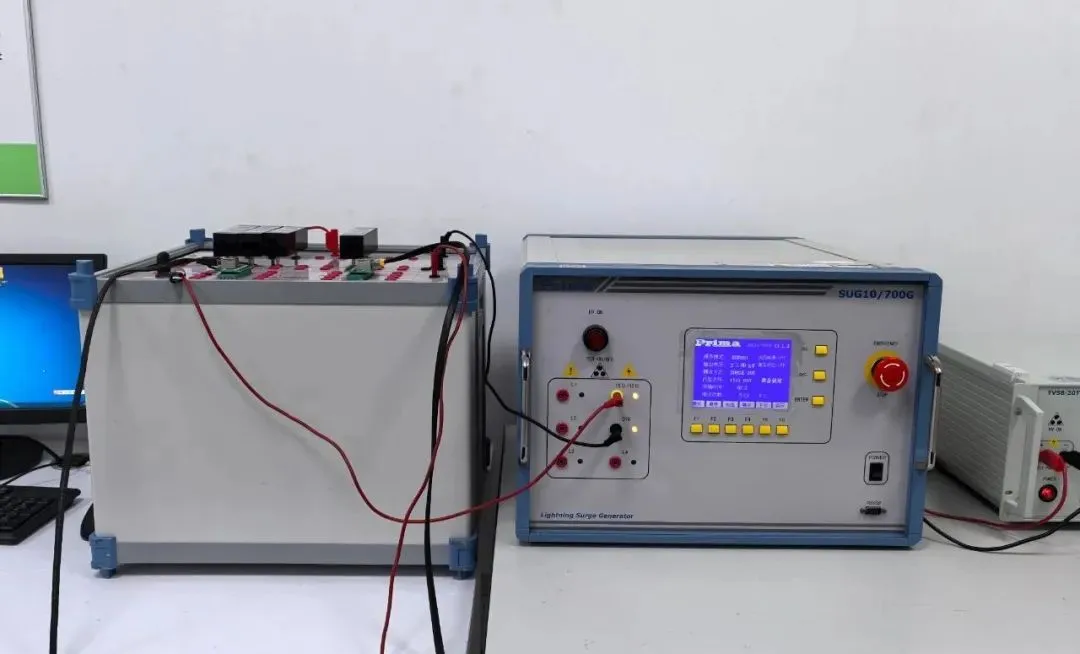
What are MSDS, SDS, COA, and TDS?
Manufacturers are often requiRED to provide msds, SDS, COA, and TDS reports. Let’s explore the differences with insights from China’s JJR Laboratory!

MSDS / SDS
MSDS (Material Safety Data Sheet), also known internationally as the SDS (Safety Data Sheet) in Europe, is a document provided by cheMICal manufacturers and importers to outline the physical and chemical characteristics of a substance (such as pH, flash point, flammability, reactivity) and potential health hazards (like carcinogenic or teratogenic risks).
This comprehensive document offers information on fire and explosion risks, toxicity, environmental hazards, safe handling procedures, emergency response, and key physical and chemical parameters. It’s a critical document for communicating chemical hazard information.
In Europe, it’s typically referred to as MSDS, while in the U.S., it’s commonly known as SDS certification, SDS form, or msds certificate.
COA
COA (Certificate of Analysis) provides an analysis report for product raw materials, verifying their quality. In the cosmetics industry, a COA report is required to prove the safety of raw materials and serves as a reference to ensure material quality compliance.
The EU regULation EC(EU) 1223/2009 mandates that cosmetics companies provide a COA for each ingredient to comply with safety standards.
TDS
TDS (Technical Data Sheet) offers technical specifications, also called a technical data form or chemical technical data sheet.
The TDS includes guidelines for proper use, storage data, and method information. Together with the MSDS, it is an essential document for handling chemicals. A TDS report summarizes product parameters based on its intended use, performance, physical properties, and application methods.
The TDS has no fixed format; its contents vary depending on the product's properties and intended applications. TDS reports are frequently requested in bidding, technical meetings, specifications, and logistics.
Differences Between COA, TDS, and MSDS
The COA report is simpler than the TDS, typically including basic physical and chemical data and focusing on raw materials, adhering to standards in the country of export.
TDS is more detailed, lacking a standard format and customized per supplier. It often resembles a product manual with data on physical properties, application guidelines, product description, and uses.
While TDS and COA focus on raw materials, MSDS is typically product-specific. The same material or product can have an MSDS, TDS, and COA report, each fully independent.
In Summary
COA, TDS, and MSDS serve as multi-faceted safety and quality assurances for raw materials, which reputable suppliers should have readily available. Exercise caution with manufacturers unable to provide these complete documents.
Email:hello@jjrlab.com
Write your message here and send it to us
 What is the EN 61326-2-3 Standard?
What is the EN 61326-2-3 Standard?
 Why Do Smart Sockets Need IEC 60884 Certification?
Why Do Smart Sockets Need IEC 60884 Certification?
 Why Retest the Device if the 5G Module Already Has
Why Retest the Device if the 5G Module Already Has
 Overview of IEC 62087 Test Standard
Overview of IEC 62087 Test Standard
 CISPR 25 Test Standard Compliance Guide
CISPR 25 Test Standard Compliance Guide
 IEC/UL/CSA 62368-1 Electrical Distance Testing
IEC/UL/CSA 62368-1 Electrical Distance Testing
 Canada Wireless Device IC Certification RSS-210 Te
Canada Wireless Device IC Certification RSS-210 Te
 FCC Part 15.231 for Wireless Remote Controls and S
FCC Part 15.231 for Wireless Remote Controls and S
Leave us a message
24-hour online customer service at any time to respond, so that you worry!




